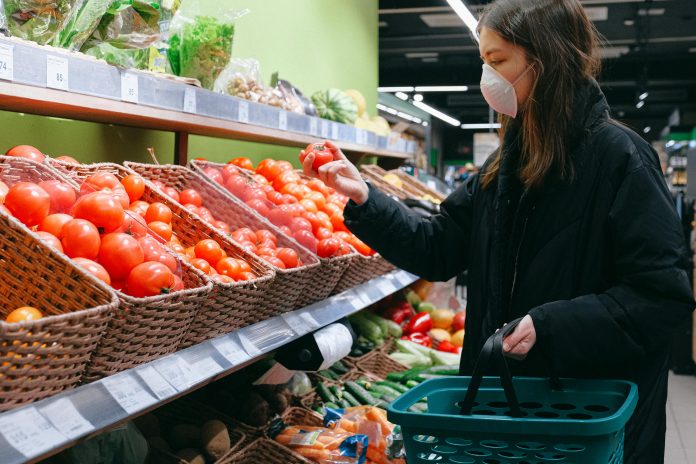
Psychology for Living
The COVID-19 pandemic has left a profound impact on individuals’ social and emotional wellbeing, reshaping how people interact, perceive the world, and manage their emotions.
Let’s consider some key effects.
The uncertainty and fear surrounding the pandemic have led to heightened levels of anxiety and stress for many individuals. Concerns about health, financial stability, and the future have taken a toll on mental health. Contributing to feelings of unease and tension.
Lockdowns, social distancing measures, and remote work arrangements have resulted in increased social isolation for many people. Lack of in-person interaction with friends, family, and colleagues has led to feelings of loneliness and disconnectedness, impacting mental health and wellbeing.
The pandemic has brought about significant loss, including the loss of loved ones, jobs, routines, and a sense of normalcy. Dealing with grief and mourning in the midst of a global crisis has been challenging, and many individuals are still grappling with the emotional aftermath of these losses.
Extended periods of time spent together during lockdowns have both strengthened and strained relationships. Couples and families have had to navigate new dynamics, conflicts, and stressors, leading to both closeness and tension in relationships.
Children and adolescents have experienced disruptions to their education, social and emotional development. Remote learning limited social interactions, and increased screen time have presented unique challenges for young people.
Despite the challenges, many individuals have demonstrated remarkable resilience and adaptability in coping with the pandemic’s social and emotional effects. People have turned to various coping strategies, such as mindfulness, exercise, creative pursuits, and seeking support from loved ones or mental health professionals.
The pandemic has prompted many to reevaluate their priorities and values, leading to changes in lifestyle, career choices, and relationships. People have become more mindful of the importance of health, connection, and community, and have sought to cultivate greater meaning and purpose in their lives.
Certain groups such as frontline workers, people of certain ethnicities, and individuals have faced stigmatization, exacerbating feelings of isolation and distress. Some families were torn apart by differences of opinion about vaccinations and restrictions.
Our confidence in our world and health has been shaken. In many ways the pandemic was a traumatic experience, and some of the fears and anxieties are like post-traumatic stress. We wonder if there will be another one in our lifetime. We worry when we hear of a new virus.
Even though time has passed, I still hear from clients who themselves are struggling with the effects of that time, and parents who mention the continuing effects on their children.
Moving forward, it is essential to recognize the lasting impact of the pandemic on social and emotional well-being and prioritize support systems, resources, and interventions to address these effects and promote resilience and recovery.
If you are still struggling with the after-effects of the pandemic, and you feel it interferes with your life and happiness, it may be time to seek out a few counselling sessions.
Gwen Randall-Young is an author and award-winning psychologist. For permission to reprint this article, or to obtain books, CDs or MP3s, visit www.gwen.ca. Follow Gwen on Facebook for inspiration.

